Surfing as therapy: Reggeborgh Foundation helps Het Huis with Surf Project
For children and young people with mental health issues, life is often difficult and complex. They carry a lot of baggage and feel a lot — sometimes more than they can put into words. “Much of the suffering is not only in the mind, but also in the body,” says former international hockey player and now child and adolescent psychiatrist Carlijn Welten of Het Huis. ‘We wanted to do something different from what regular therapies offer: let young people who are stuck surf, have fun, forget everything for a while. And that all year round.’ With that idea in mind, Welten approached Reggeborgh Foundation. To make the plan a success, Het Huis was looking for a Surfbus. Thanks to the support of Reggeborgh Foundation and the dedication and creativity of the builders, “the Surfbus” — and with it the Surf Project — became a reality.
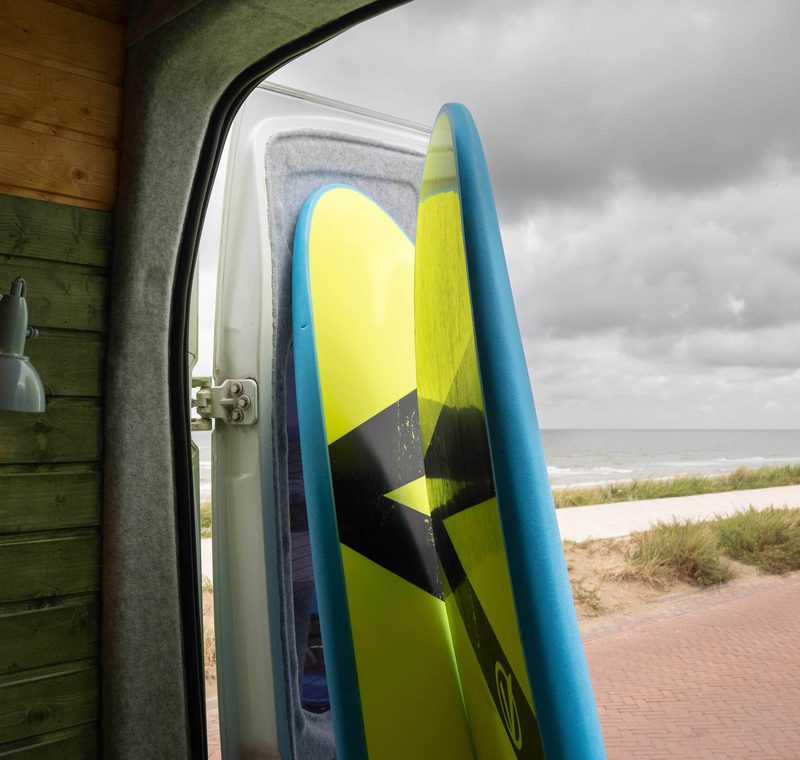
The Surf Project: born from an idea, driven by fun
During a meeting with the founder of Surfclub Skiffa, the idea was born to go surfing with young people struggling with mental health issues. Welten explains: ‘It is precisely in winter, when it is cold outside but the water feels warmer, that the power and magic of surfing is at its greatest. After surfing, the young people warm up in the Surfbus with hot chocolate, tea and coffee. There, stories are shared, laughter and conversation flow – a warm moment of togetherness. A place without pressure or expectations.’ A therapist from Het Huis accompanies the surf trip. Not to treat, but to provide support where necessary. However, the main work is done by the Skiffa coaches. ‘They coach the young people, focusing on overcoming challenges and having fun,’ emphasises Welten. ‘That's what counts.’ The Surf Project offers young people the space to relax and de-stress.
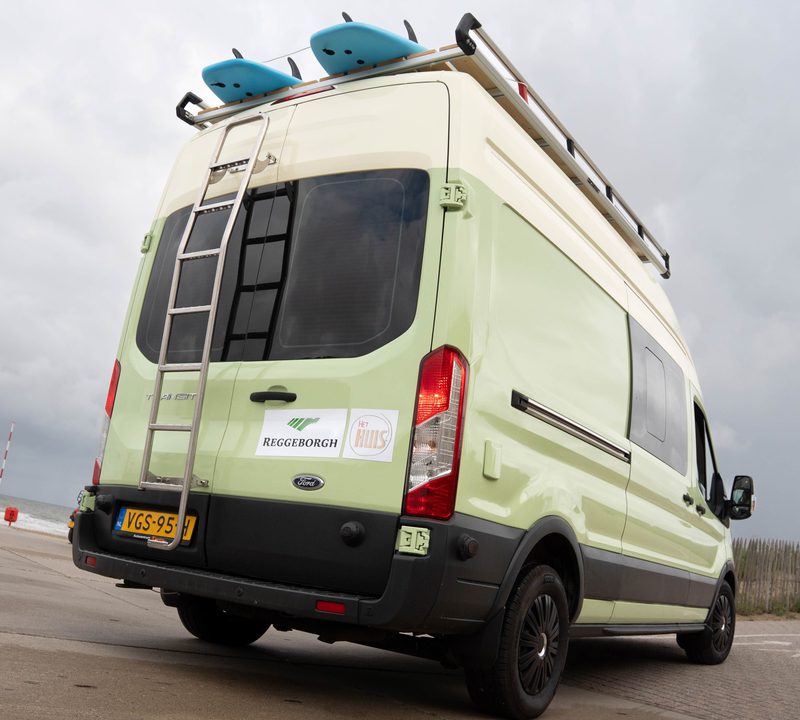
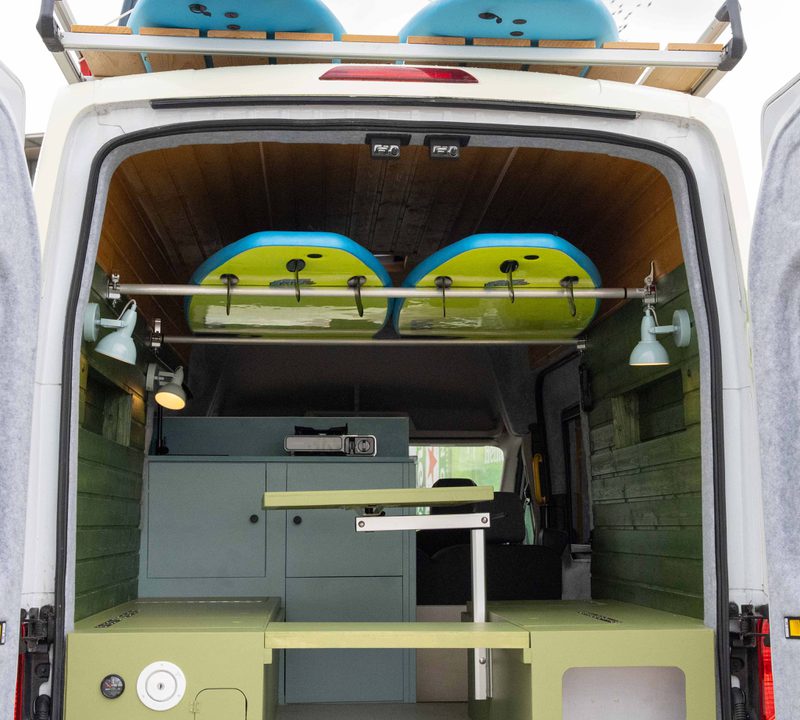
A safe place, a new story
Reggeborgh Foundation is proud to contribute to the Surf Project with the Surf Bus. ‘We strongly believe in the power of sport and an active life. Especially for this group of young people who have become stuck, we hope that this will help them experience positivity and satisfaction again. After all, that is good for everyone,’ says Inge Wessels of Reggeborgh Foundation. The collaboration between Het Huis and Reggeborgh Foundation shows how social involvement and innovative care concepts can reinforce each other. ‘We had never done it before, so we thought: we can probably do it,’ concludes Welten.
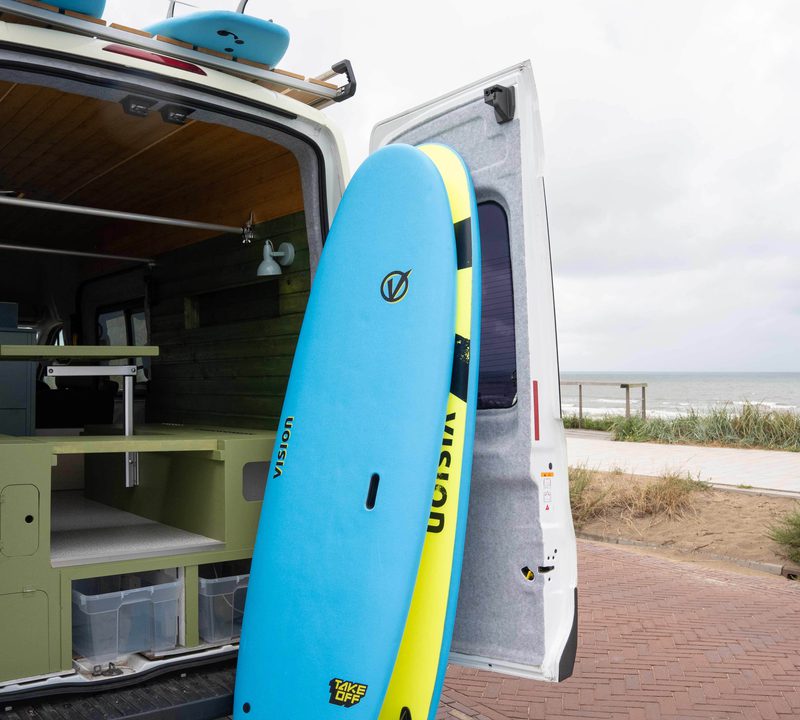
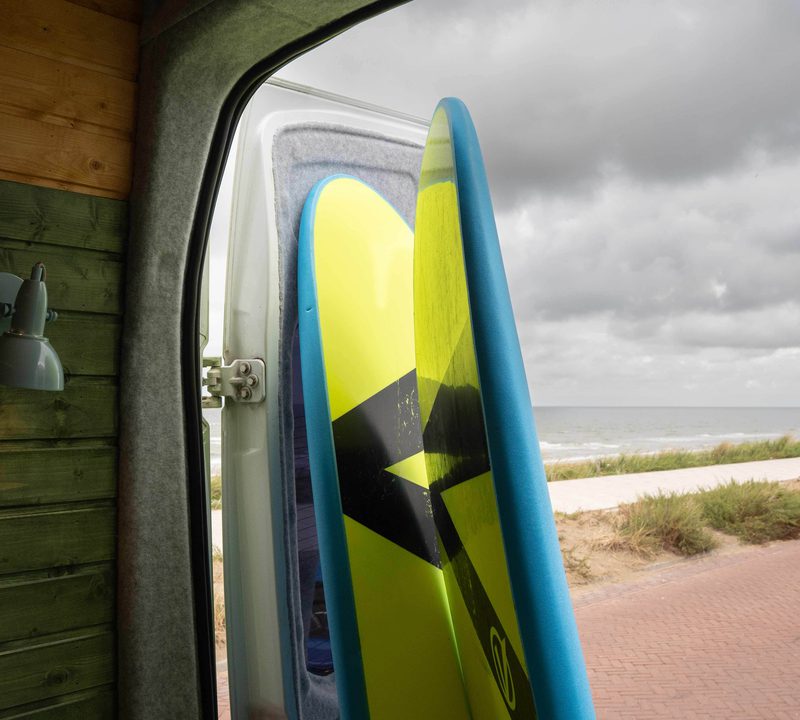
About Het Huis
Het Huis is a new centre for innovative, specialist child and youth psychiatry, located in Haarlem. It offers a place where children and young people aged seven to twenty-four can recover with a form of therapy that focuses less on talking and more on the body, movement and experiential work. The emphasis is not on diagnoses or labels, but on the story of their pain in combination with their strengths. Sport, creativity and togetherness are at the heart of this. Young people are encouraged to experience and rediscover relaxation.
